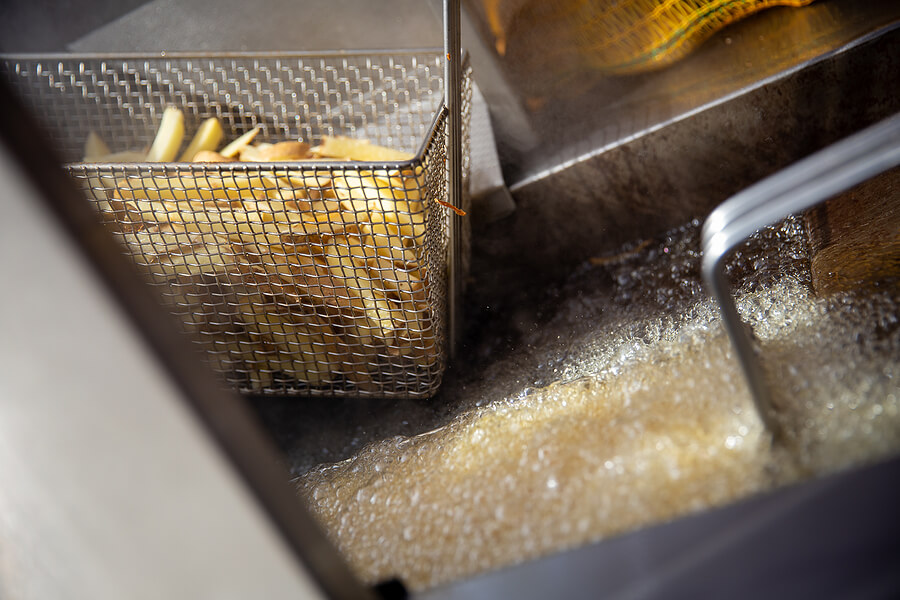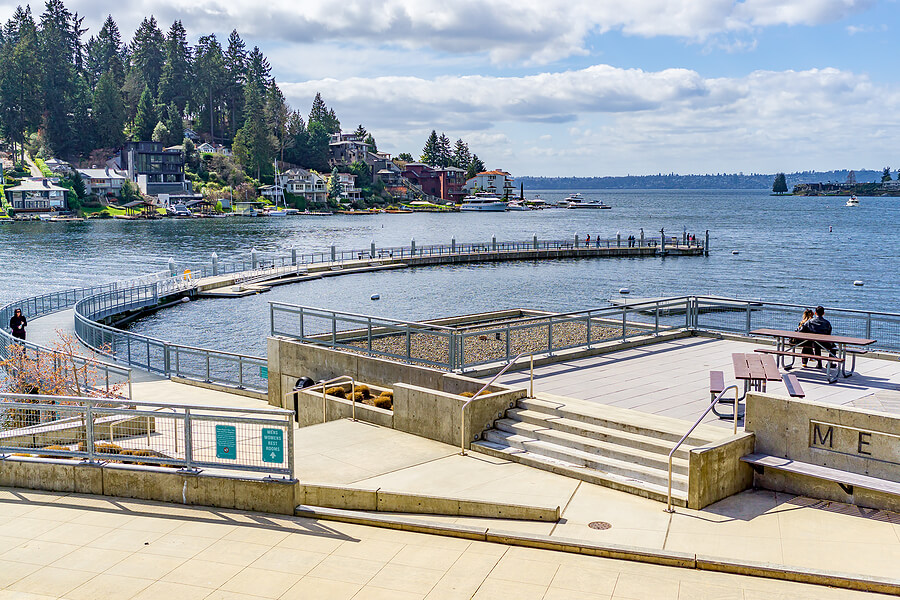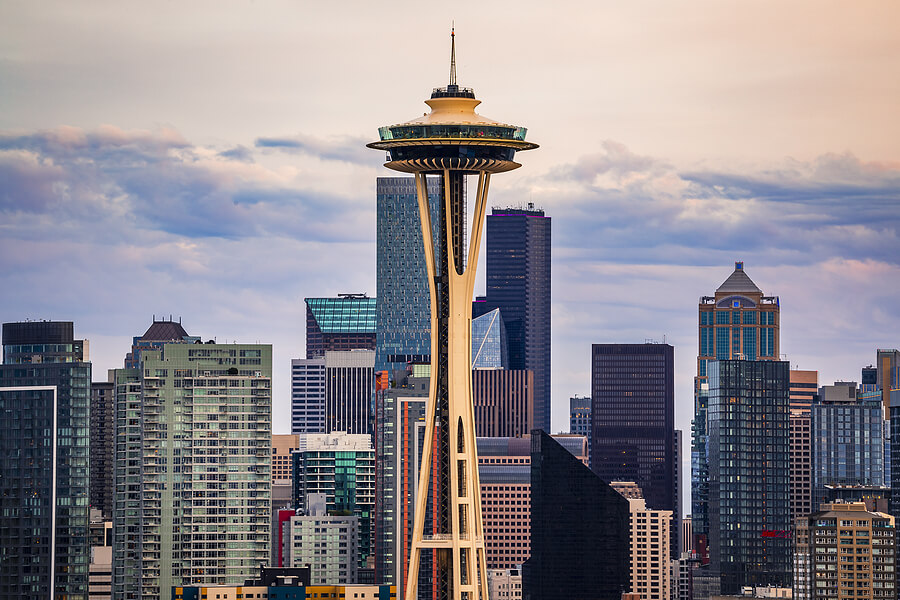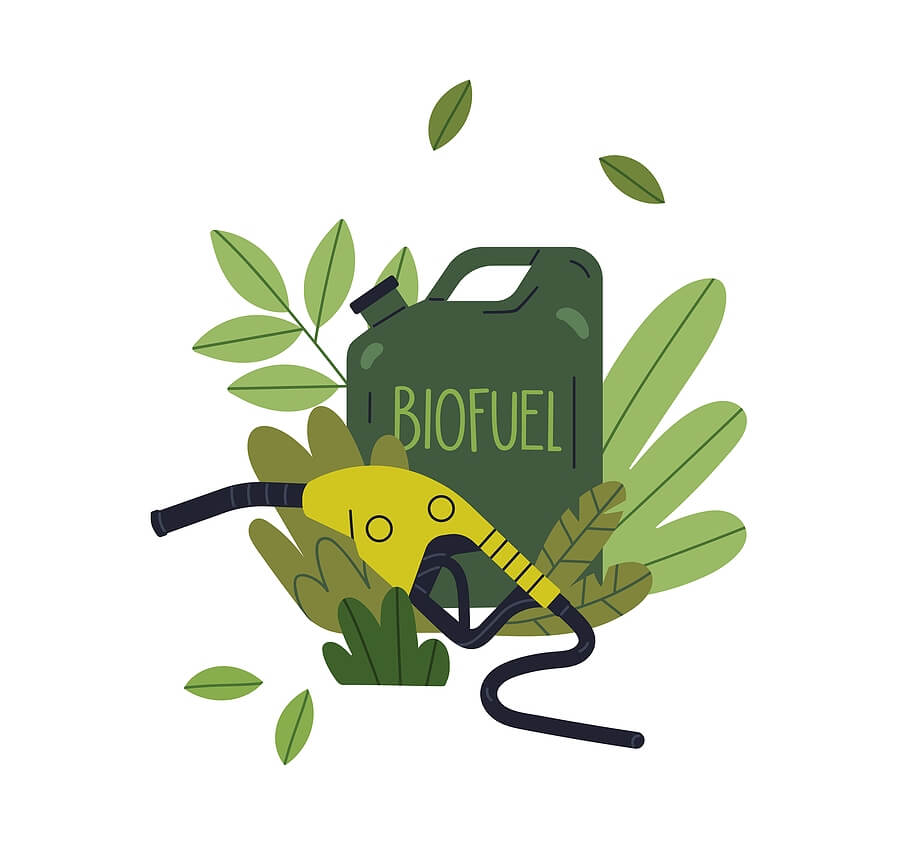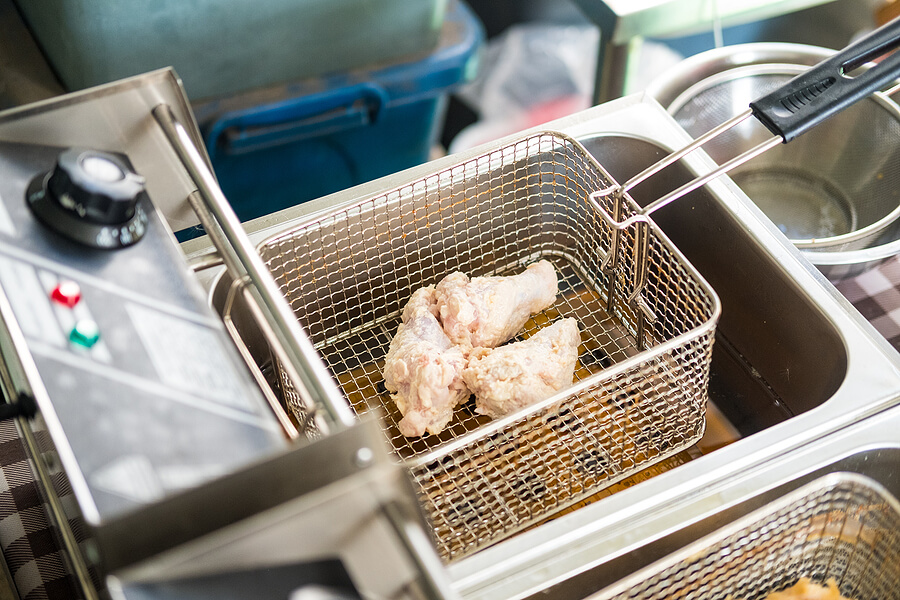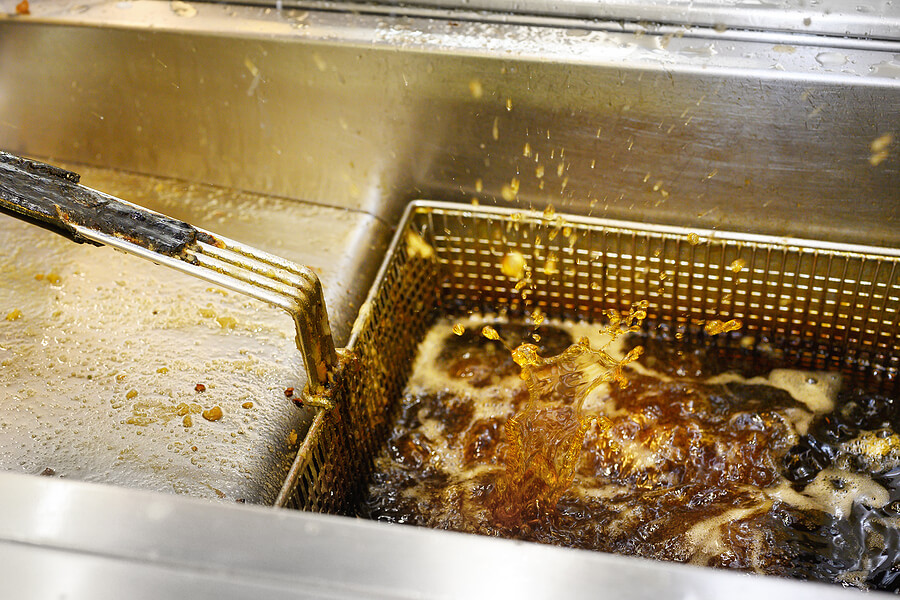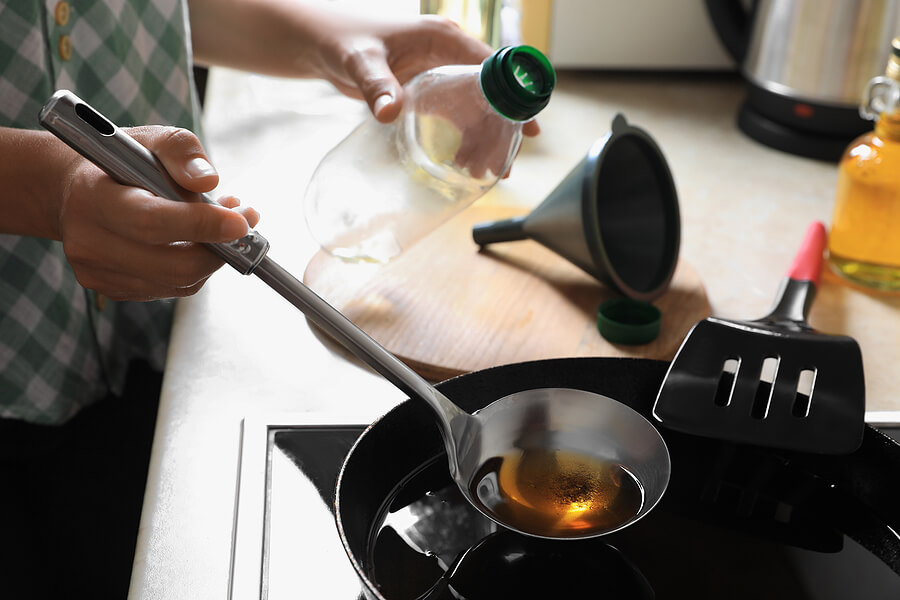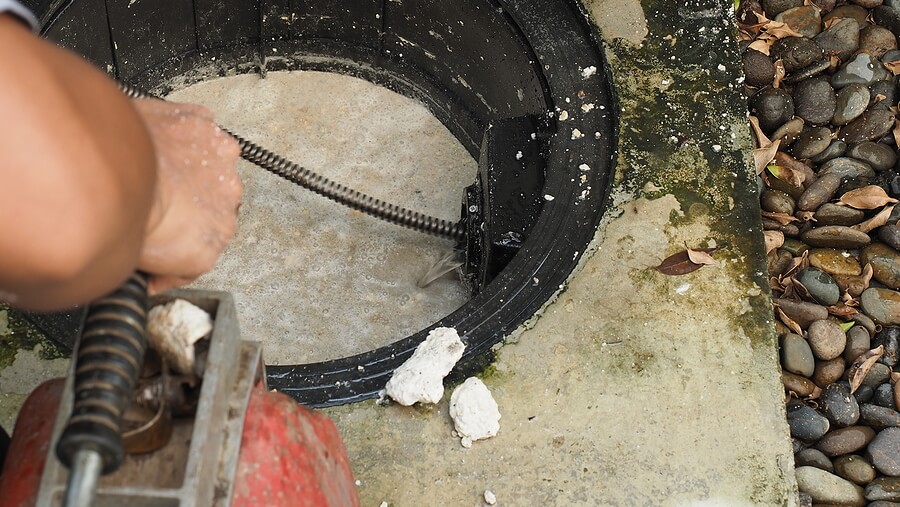Federal Way, Washington, is an environmentally conscious community dedicated to sustainable practices and reducing its ecological footprint. With the presence of renowned restaurants in the area, the proper disposal and recycling of used cooking oil play a vital role in … Continue reading
The Most Common Grease Trap Cleaning Mistakes and How to Avoid Them
Commercial food service establishments, including Portland’s restaurants, are required to have grease traps. Grease management areas must have hard plumbing from areas like sinks, dishwashers, and drains that lead directly to a grease trap. Owners have to keep maintenance records … Continue reading
Bellevue, Washington Used Cooking Oil Disposal & Recycling
Bellevue, Washington, is known for its picturesque landscapes and thriving technology sector, As an environmentally conscious community, Bellevue is committed to sustainable living and reducing its ecological footprint. Also home to many of Washington’s finest restaurants, Bellevue’s growing community inevitably … Continue reading
Seattle Used Cooking Oil Collection, Disposal and Recycling
Seattle, Washington, is known for its beautiful natural landscapes, thriving technology industry, and vibrant food scene. It boasts diverse restaurants and cafes that provide delicious meals made with locally sourced ingredients. However, with all of this delightful cooking comes a … Continue reading
Biodiesel Fuel from Recycled Restaurant Grease as a Sustainable Energy Solution
Used restaurant cooking oil and grease are liquid gold as they can be turned into something that greatly benefits the world as a sustainable energy solution. Not only does it reduce the dependency on oil, but the emissions biodiesel produces … Continue reading
The Impact of Restaurant Grease Recycling on the Environment and Local Communities
Used cooking oil and food scraps are more than a hassle for your restaurant. Oils pose a threat to communities and the environment. That’s why many cities have been cracking down on the fats, oils, and grease (FOG) coming from … Continue reading
Restaurant Grease Trap Services in Salem, Oregon
According to OpenTable, there are more than 180 restaurants in or near Salem, Oregon. While restaurants may close their doors with little notice, and others open up every year, the thing to keep in mind is that those restaurants must … Continue reading
How Is Restaurant Grease & Oil Recycled?
In 2022, Americans consumed approximately 11.5 metric tons of soybean oil, 2.9 metric tons of rapeseed oil, and 1.7 metric tons of palm oil. In addition to that, there were also high consumption rates of coconut, olive, sunflower seed, cottonseed, … Continue reading
What Do Restaurants Do With Their Old Oil and Grease
Fats, oils, and grease (FOG) are found in all home and commercial kitchens, but they cannot be poured down the drain after cooking a meal. In fact, that’s one of the worst things a restaurant can do, and most of … Continue reading
Eugene, Oregon Cooking Oil & Grease Trap Services
How often are you cleaning your restaurant’s grease trap? If you don’t know, you could be in violation of Oregon’s laws, and you may need to pay for all of the hours it takes sanitation workers to free clogs and … Continue reading




